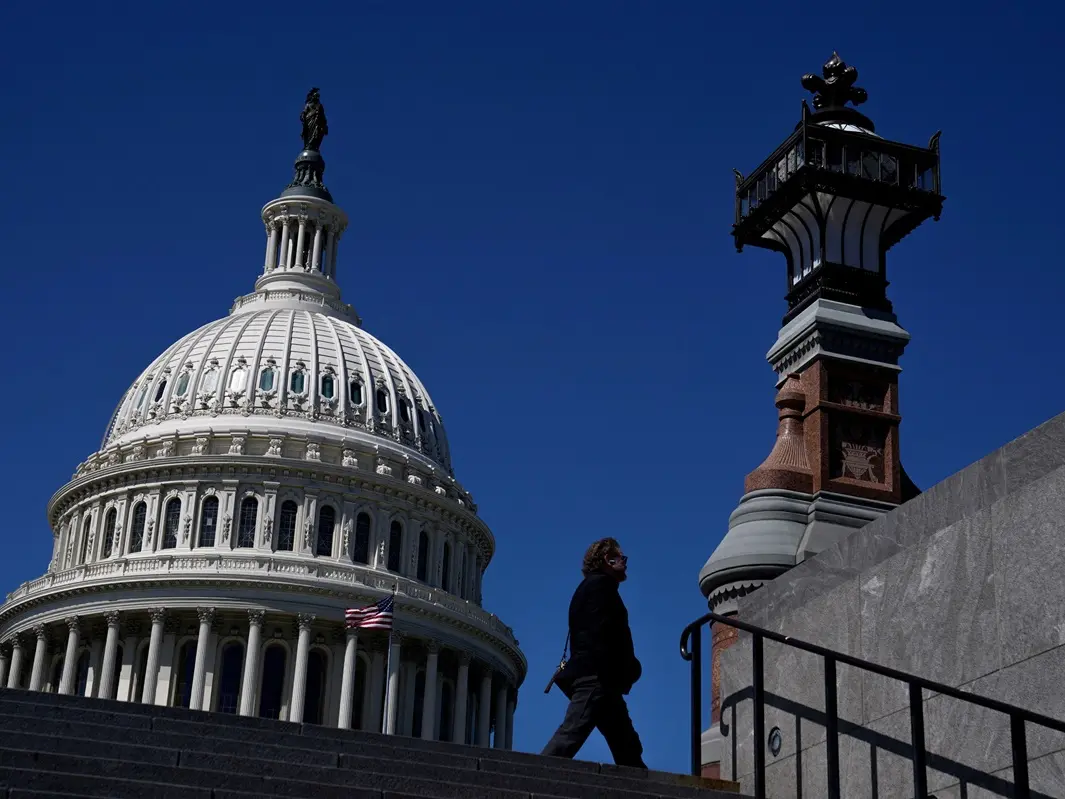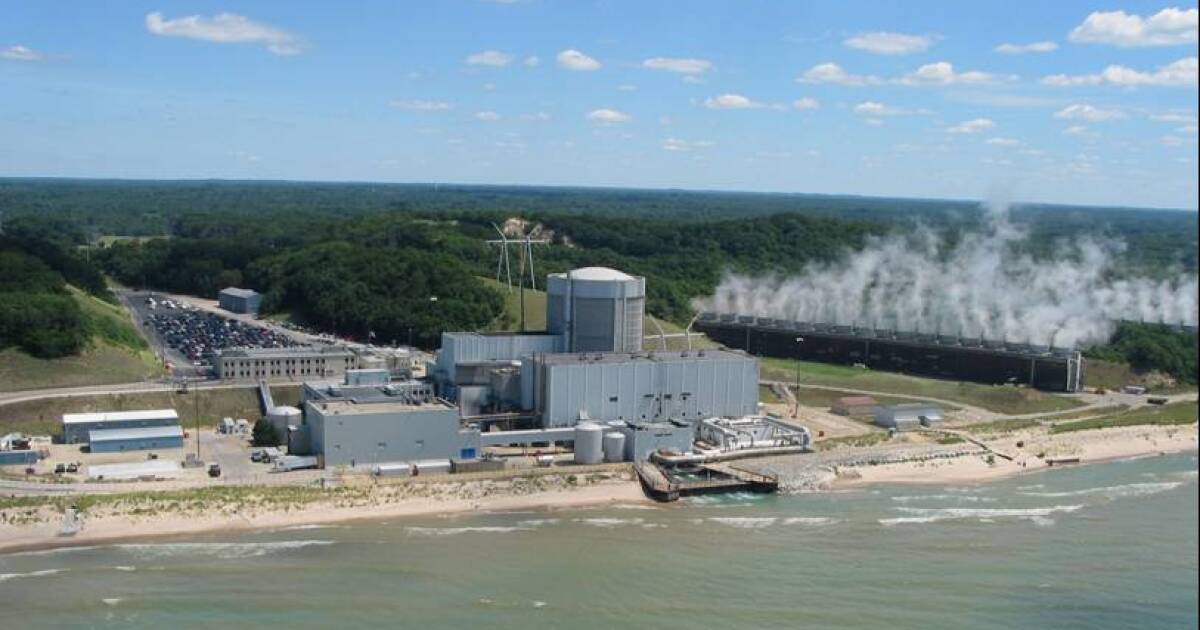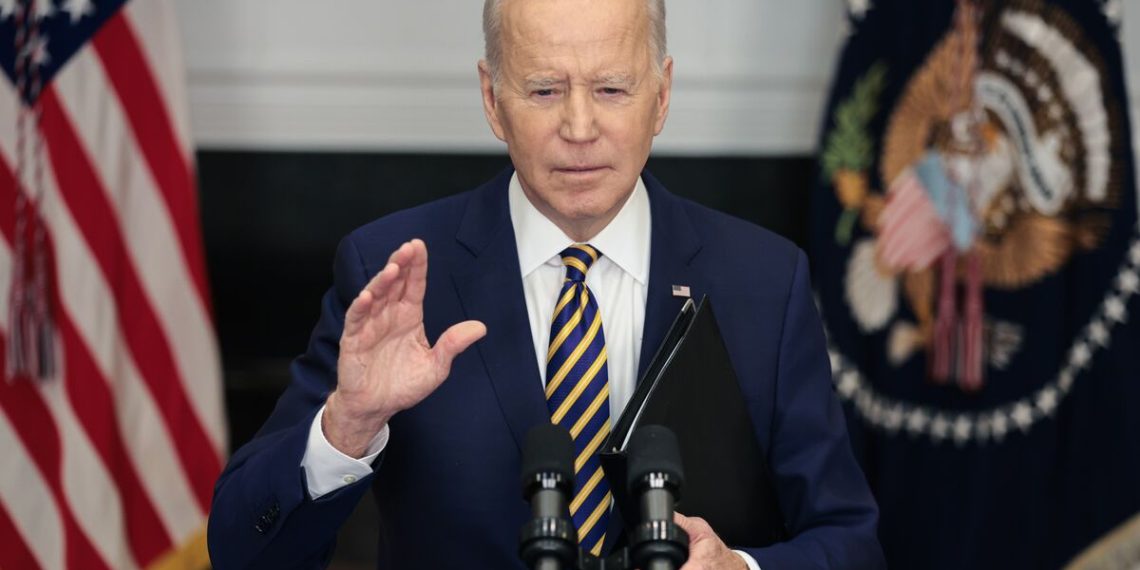Since 2022, the U.S. has been anticipating the possibility of Russian President Vladimir Putin halting the sale of nuclear power fuel.
Outgoing top nuclear energy official Kathryn Huff revealed that a pending ban on Russian imports will bolster domestic capacity for processing uranium fuel.
The U.S. Senate recently passed legislation banning imports from Russia, an effort to disrupt Putin’s funding for the invasion of Ukraine.

The ban, expected to be signed by President Joe Biden, allows for waivers in cases of supply concerns and takes effect 90 days after enactment.
There are concerns that Putin may retaliate by freezing exports to the U.S., potentially driving up uranium prices.
In 2022, Russia supplied approximately 24% of the uranium used by U.S. reactors. However, Huff assured that the U.S. is prepared for any scenario, with plans to engage allied countries like Canada, France, and Japan for an alternative to Russian uranium.
The import ban is projected to release $2.7 billion from previous legislation to develop the domestic uranium industry.
Huff emphasized the need for a structured approach that combines investment in new conversion and enrichment capacity with import restrictions to reduce dependence on Russia.
Given that nuclear plants refuel approximately every two years with contracts negotiated years in advance, the U.S. has a limited window to establish new uranium processing capabilities.

While the Vogtle nuclear plant recently opened in Georgia, there are concerns about meeting Biden’s 2050 decarbonization goal due to the lack of new construction plans.
The next anticipated plant to come online is Palisades in Michigan, which is pending refurbishments by Holtec, the owner.
Despite concerns about the plant’s vulnerability to cracking, Holtec aims to reopen Palisades, which will be subject to thorough inspections and regulatory approval.





